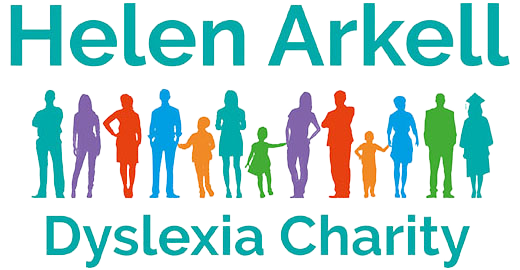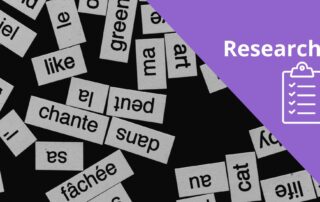Are you a student in HE being taught in English?
Yasmin, an MSc Psychology student at Oxford Brookes University is studying dyslexia in bilingual students. Could you take part in her research? Just complete an anonymous 15-minute questionnaire; you can stop at any time.
Yasmin is looking for students who are:
- in Higher Education
- being taught in English
- bilingual or monolingual
- dyslexic or not dyslexic
We love to support research into various aspects of dyslexia and, where we can, we pass the findings on. Research benefits us all so thank you for taking part!






